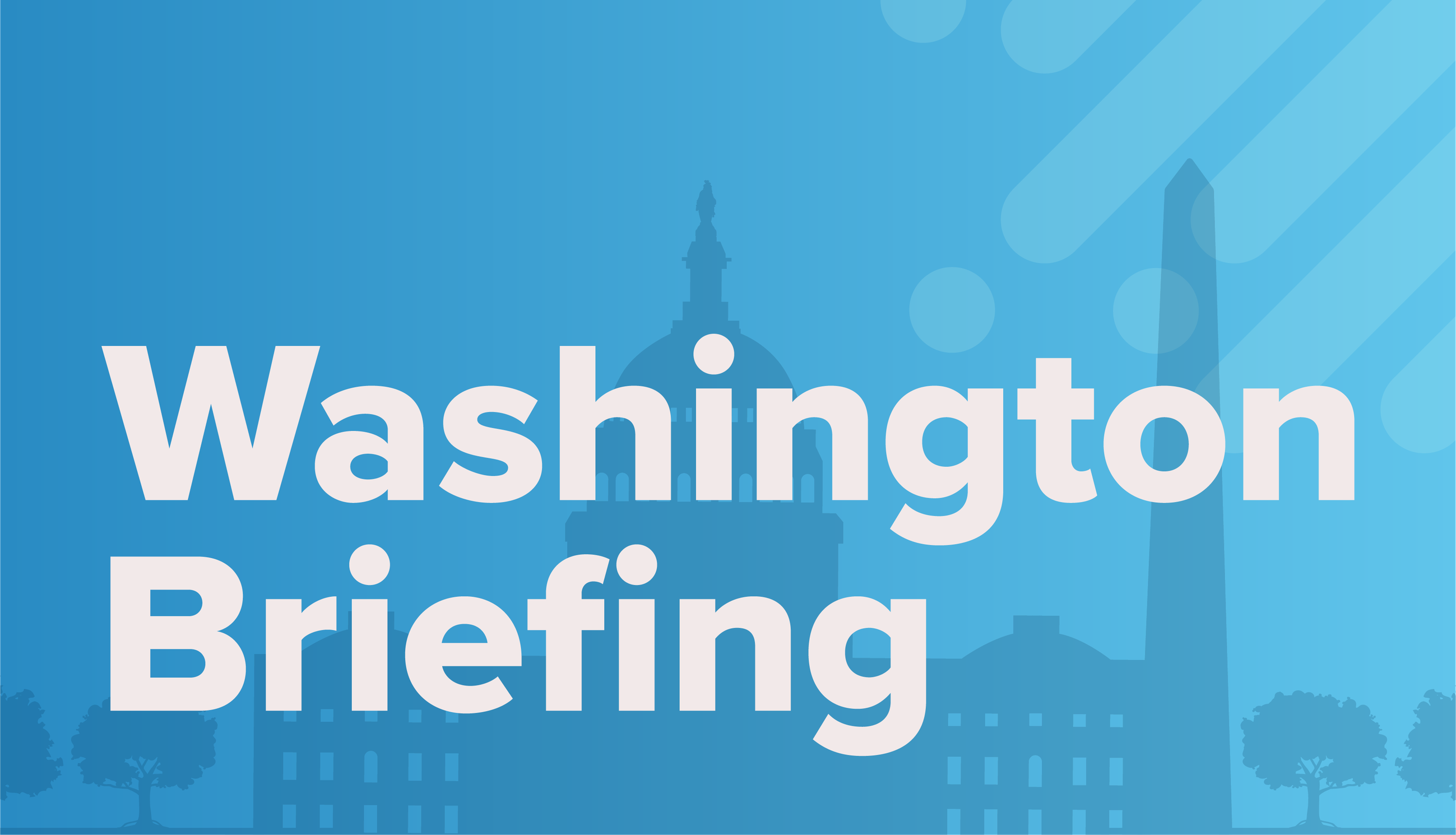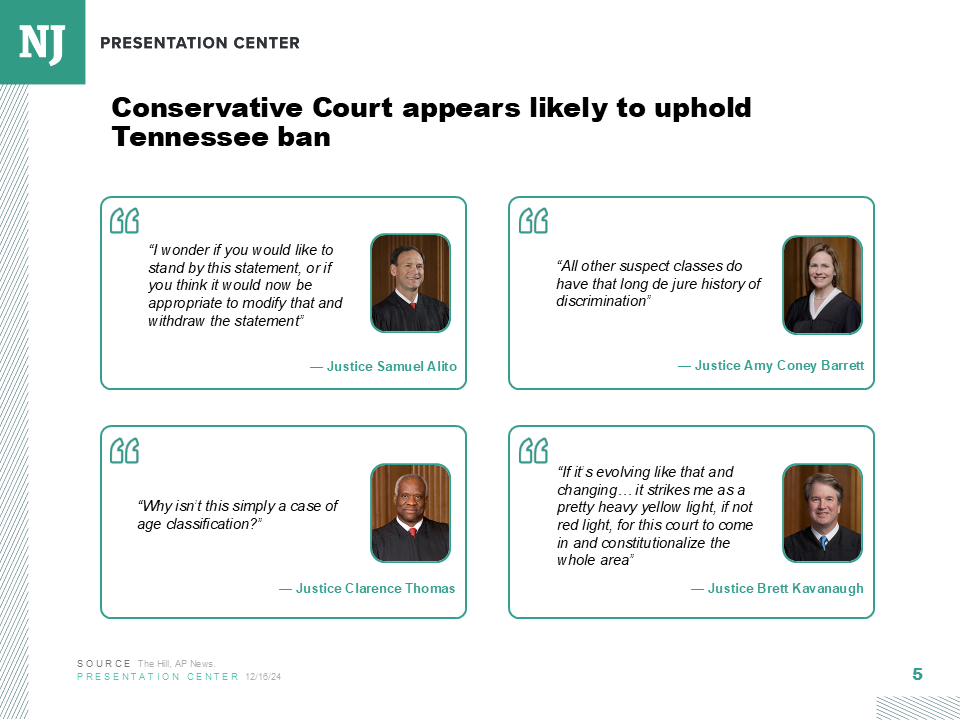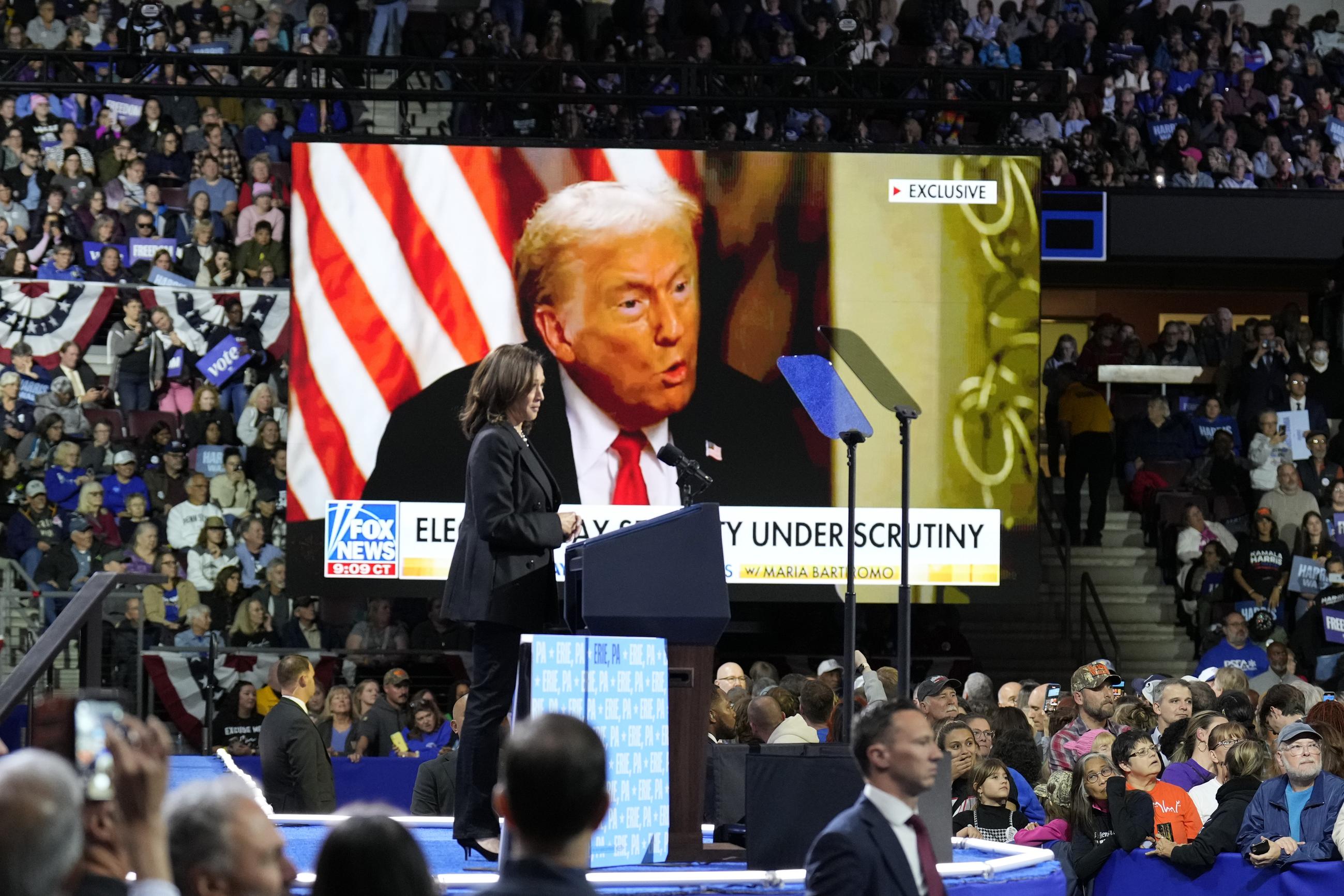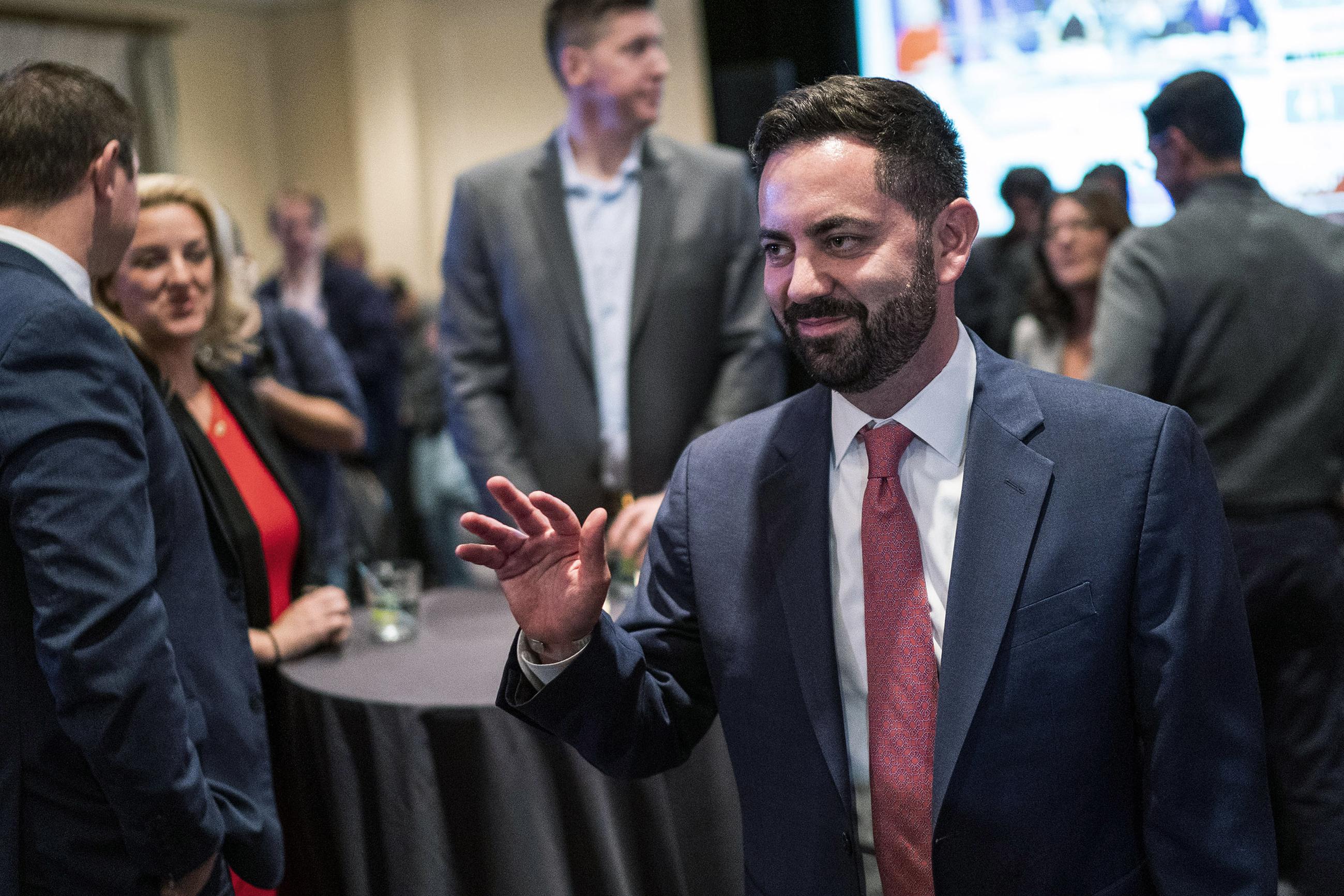LAREDO, Texas—Democratic Rep. Henry Cuellar represents one of the most competitive districts in the country. His district, which sits along the southern border, and the region as a whole saw sharp shifts from Democratic to Republican in the 2024 election, as President Trump made gains with Hispanic voters. Cuellar suggests he wasn’t too surprised. The longtime congressman, who is also facing federal bribery charges as he runs for reelection, discusses electoral shifts in his district and what his party can do to regain prominence in South Texas. This interview has been edited for length and clarity.
Why do you think voters in South Texas shifted from the Democratic Party to the Republican Party?
Well, I think we’ll start off with the basic premise: Hispanics have always been, generally speaking, conservative. The younger folks are a little different from the older folks. But generally, Hispanics have been conservative in nature. And I try to explain that to folks up there in D.C., and they don’t understand that.
So we start off with that premise. And over the years, certain issues have come up that didn’t really strike—and I’m talking about especially in South Texas—that didn’t sit well with Hispanics.
It started off with defunding the police. Because if you go to a lot of these rural areas, a lot of Hispanics, they work for sheriffs. They work for the police department, the border patrol—at one time, 51 percent of the agents were Hispanics. So they work for law enforcement. You see a lot of Hispanics in law enforcement. That issue came up, and it didn't sit well with Hispanics.
The other issue was attacking oil and gas, the Green New Deal. Down in this area, there are Hispanics that for generations have worked in the oil and gas industry. So when the liberals started attacking oil and gas, that’s something that’s not right.
And I say that because right after the 2020 election, when I saw that Trump had done better with Hispanics, I started traveling, and I was on the road asking why. “Why did some of y’all vote for Trump?” And it was those two issues.
The Republican redistricting plan in Texas seems to count on this coalition sticking with the GOP. Do you think it will?
Republicans are basing everything on Hispanics being monolithic. I think the reality is a little different.
But it starts with the premise that Hispanics have always been very conservative. So Republicans based it on, “Well, they voted for Trump, so they’re going to vote Republican down the ballot.” It happened in ‘24 when Trump was on the ballot.
But in ‘26, he's not on the ballot. And now a lot of Hispanics are still concerned about high prices, and tariffs, and they’re concerned about the overreach of ICE.
Why have some local Democrats continued to be successful in South Texas?
I would say, I’m a congressman, but I run as a mayor—it’s about local issues. In Congress, I sit on Appropriations, and I try to focus on working with agencies, and I try to address water, broadband, etc. But if you look at the state representatives, state senators, on the border—my state representative here, which used to be my position, he’s probably the most conservative state representative in Texas.
When the progressives run against me, they spend millions of dollars. “Oh, he supports oil and gas. Cuellar is terrible. He supports the detention centers.” I always used to say, well, give me your home address. I’ll be happy to send you some of the folks if you want.
Republicans seem like they’re preparing to throw the kitchen sink at you this election cycle. How do you prepare for that after not facing a well-funded opponent in 2024?
It was very competitive in ‘22, and in ‘24 you had the Trump effect, right? But the Republicans didn’t put in that much money. So yeah, I expect them to put money in.
But you know, even when they attack me about the trial, people still know me, and they’ll support me. We’re going to do the same thing, just do what we have done in the past. “Hey, I’m here to talk about what I’ve done, what I will be doing.” I’m a congressman, but I run as a mayor. So I’ll be addressing the different issues of that.
I can go to the areas I represent, and I can say, “Look, I’ve done this, I’ve done this, I’ve done this, I’ve worked here, I’ve done this, I’ve done this.” I can point out things, other people can point out things...
So my party, they’re gonna also spend money. My party, definitely. They’re gonna say I'm a frontliner now. So they’re gonna spend money protecting me.
What does the national Democratic Party have to do to regain its clout in South Texas?
It’s what I’ve been telling leadership for years. You got the extremes on the Far Left and the Far Right, both sides have. It’s 10 percent here, 10 percent over there. You know, that’s 20 percent, and that leaves the 80 percent of Democrats and Republicans who want to do the right thing, who want to govern.
But those 10 percent on both sides are the extremes that people hear. They’re the ones who get on TikTok. They’re the ones who make the headlines. Boring people don’t make the headline, don’t make the quotes.
Do you consider yourself boring?
Moderate. I don’t want to say boring, but I would say I am moderate.
So what the national party has to do is allow the more moderate folks to be the face. For example, at the State of the Union, before we went in, we said, “Everybody behave. Don’t do any of that stuff. Don’t do anything.” And what happened? People with shirts, people with canes, and all that. And we said, “We don’t want that.” That takes away from what we’re trying to do. But that’s what happens to the national party if you let the extremes paint the rest of us.
Now, what I’ve done for years when it came to certain issues like oil and gas, open borders... I’d be there with Border Patrol. I would be there with oil and gas. I went into it, and I went into the issues that a lot of Democrats use for November, but they don’t use it for the primary. I still won in a primary with those issues.
So the national party just has to go back to the big tent. Stop purifying members. I mean, I’ve had so many people say, “Henry, you didn’t vote with us,” or “You’re a Republican. So go vote with Republicans, because I’m sure the Republicans will take you in a heartbeat.” But you can’t purify people.
I’ve talked to some of the progressives. Have you looked up the definition of progressive? It means you’re open to ideas, right? Progressive means you’re open to new ideas. The problem is, for a lot of them, it means you’re only open to your own ideas and not to other ideas.
So the bottom line is, they have to go back. The national party has to go back. Forget about—well, maybe don’t forget, but at least don’t emphasize some of those cultural and social issues. Go back to the center, where most Americans are at: pocketbook issues, jobs, health care, education, security.
It’s human beings—what are the basic things about human beings? They want to be secure. So talk about security. They want to have housing, food, the basic things that we all as human beings need. That’s the party. That’s what the party has to do.








